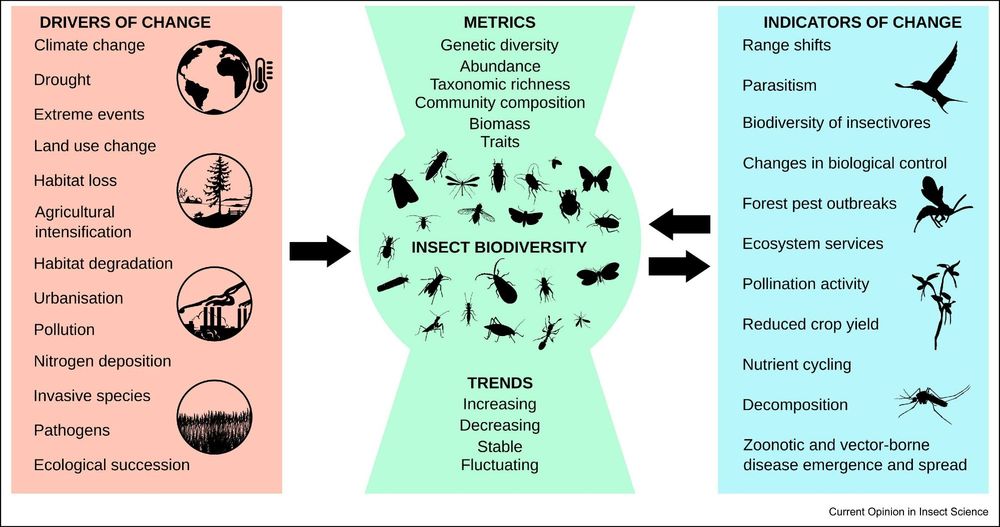
Animal welfare including human health
Climate
Environment
Biodiversity
Economy
Governments provide free nutritional supplements (eg B12, DHA, EPA) and/or mandate fortification of foods
- to improve health and reduce cravings when people reduce/eliminate animal products from diet.
- what the UN resolutions actually say,
rather than wrongly on the basis of
- what civil servants and politicians have claimed about global goals?
web.archive.org/web/20221026...

- what the UN resolutions actually say,
rather than wrongly on the basis of
- what civil servants and politicians have claimed about global goals?
web.archive.org/web/20221026...

That is very poor, and a bad sign of an aspect of the culture at least among some at the BBC.
If it did not occur to those in charge that they would mislead the public:
Ditto.
That is very poor, and a bad sign of an aspect of the culture at least among some at the BBC.
If it did not occur to those in charge that they would mislead the public:
Ditto.
It continued.
No-one resigned.
web.archive.org/web/20240226...
web.archive.org/web/20240303...

It continued.
No-one resigned.
web.archive.org/web/20240226...
web.archive.org/web/20240303...
theconversation.com/sea-level-do...

To present the censored version as if it is the whole lecture is not only censorship, but adds another layer of deception in public statements about the broadcast.
To present the censored version as if it is the whole lecture is not only censorship, but adds another layer of deception in public statements about the broadcast.
bsky.app/profile/did:...
bsky.app/profile/did:...
Does that sound familiar?
They deleted the line in which I describe Donald Trump as “the most openly corrupt president in American history.” /1
Does that sound familiar?
sudden changes in ocean currents,
huge wildfires driven by higher temperatures, and
melting permafrost,
what level of trust is reasonable in claims to predict global temperatures for 10, 25 or 75 years' time?
Is that fair?
sudden changes in ocean currents,
huge wildfires driven by higher temperatures, and
melting permafrost,
what level of trust is reasonable in claims to predict global temperatures for 10, 25 or 75 years' time?
Should researchers note a general apparent level of reliability/unreliability within the field, or which papers they have checked for comments on post-publication peer review sites?
Should researchers note a general apparent level of reliability/unreliability within the field, or which papers they have checked for comments on post-publication peer review sites?
without
telling people each time what you are talking about
is a bit like
paying your poorer neighbour to burn your rubbish and implying you haven't caused any smoke."
Is that fair?
"Territorial* Net Zero".
The fact that countries report TNZ to the UN doesn't mean the UK has to focus on what may (soon?) be only half its contributions to greenhouse gases, misleading on progress.
* or similar. Domestic?

without
telling people each time what you are talking about
is a bit like
paying your poorer neighbour to burn your rubbish and implying you haven't caused any smoke."
Is that fair?
sudden changes in ocean currents,
huge wildfires driven by higher temperatures, and
melting permafrost,
what level of trust is reasonable in claims to predict global temperatures for 10, 25 or 75 years' time?
Is that fair?
sudden changes in ocean currents,
huge wildfires driven by higher temperatures, and
melting permafrost,
what level of trust is reasonable in claims to predict global temperatures for 10, 25 or 75 years' time?
Is that fair?
Is that fair?
web.archive.org/web/20221026...

web.archive.org/web/20221026...
- what the UN resolutions actually say,
rather than wrongly on the basis of
- what civil servants and politicians have claimed about global goals?
web.archive.org/web/20221026...

- what the UN resolutions actually say,
rather than wrongly on the basis of
- what civil servants and politicians have claimed about global goals?
web.archive.org/web/20221026...
If people have better heuristics to avoid dodgy literature, that might help.
If people have better heuristics to avoid dodgy literature, that might help.
Can guidelines on this help?
bsky.app/profile/matt...
In fields where evidence suggests a high proportion of seriously flawed papers, what should scientists and others do and say as regards trusting, citing and/or building on previous research?
bsky.app/profile/matt...
Is it often largely a matter of judgement which combines, for example, knowing about flaws within subfields, in particular journals or types of journal, from particular institutions, and/or particular methods?
What is the role of intuition here?
Is it often largely a matter of judgement which combines, for example, knowing about flaws within subfields, in particular journals or types of journal, from particular institutions, and/or particular methods?
What is the role of intuition here?

